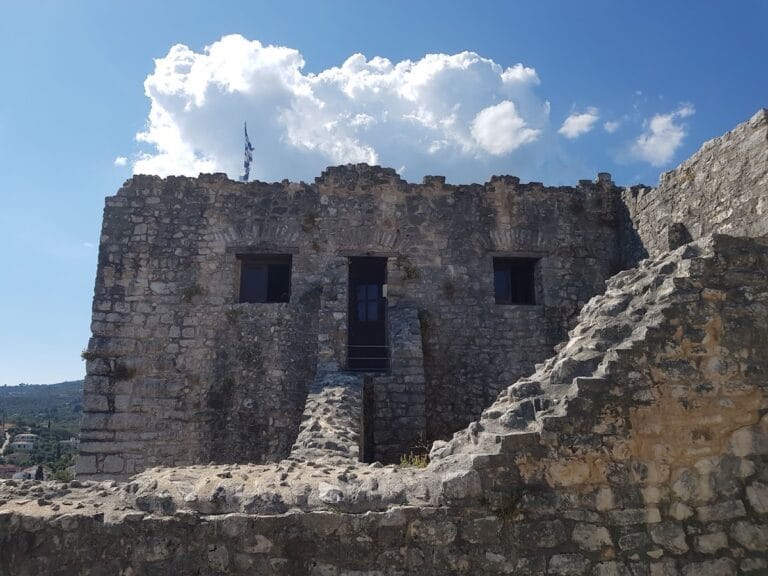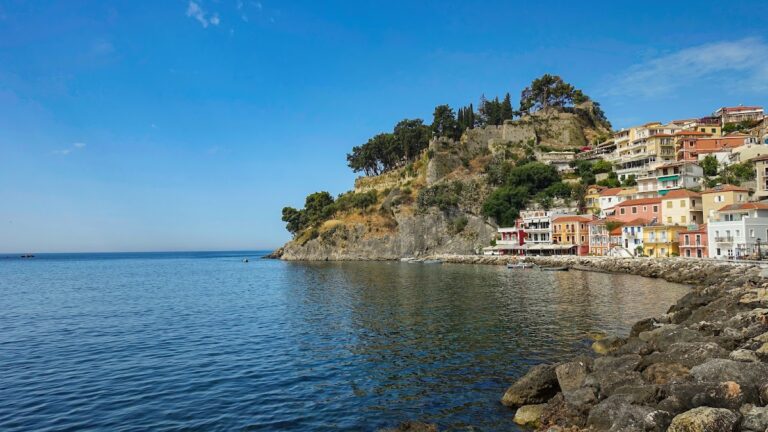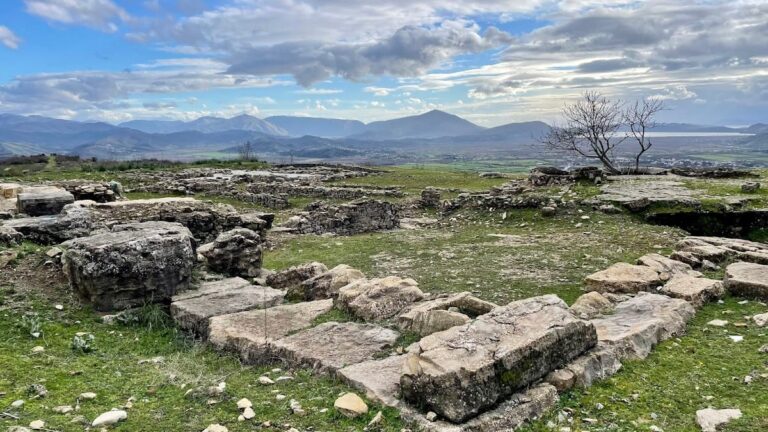Gardiki Castle: A Byzantine Fortress in Corfu, Greece
Visitor Information
Google Rating: 4
Popularity: Medium
Google Maps: View on Google Maps
Official Website: www.kastra.eu
Country: Greece
Civilization: Unclassified
Remains: Military
History
Gardiki Castle is a Byzantine fortress located within the municipality of Corfu, Greece. It was constructed during the 13th century by the rulers of the Despotate of Epirus, likely by Michael I Komnenos Doukas or his son Michael II Komnenos Doukas. This castle formed part of a strategic defensive system on Corfu island before Venetian control began in the early 15th century.
During the Byzantine period, Gardiki Castle was one of three important fortifications that created a protective triangle across Corfu. Alongside the Castle of Kassiopi to the northeast and Angelokastro to the northwest, it guarded the island from invasions and secured key areas. Its position near the southern coast helped defend the fertile plains and fields of that region. Historical records from the 17th century note that the Despots of Epirus took care to fortify and adorn Corfu with noble buildings and strongholds, highlighting Gardiki as an essential part of the island’s defensive network.
Before the castle’s construction, the site held significance through earlier human habitation, as evidenced by archaeological discoveries from the Upper Paleolithic era nearby. This long history of occupation illustrates the continuing strategic importance of the location. Throughout the medieval period, Gardiki Castle maintained a military and administrative role until the subsequent Venetian period overshadowed its prominence.
Remains
Gardiki Castle presents an octagonal layout formed by high stone walls punctuated with eight square towers. These towers feature decorative rows of tiles, adding a distinct architectural element to the structure. The overall shape of the castle is nearly elliptical, creating a powerful and unified fortress design. The walls and towers have survived to their original height, although the interior within the walls stands in ruins today.
One notable aspect of the castle’s construction is the reuse of materials from an ancient building incorporated into its walls. This earlier structure, probably a fountain, was integrated into the fabric of the fortress, demonstrating a practical adaptation of local resources. Additionally, traces of a small chapel are found atop the southern tower, where remnants of religious frescoes depicting saints remain, although they show signs of significant damage.
The castle includes two main entrances according to its historical plan, but currently, only the southern gate remains accessible. This entrance still stands as a testimony to the castle’s function and organization. Together with other fortifications on Corfu, Gardiki Castle constitutes one of the most impressive medieval architectural remains in the Ionian Islands, reflecting the island’s complex history of defense and settlement.










